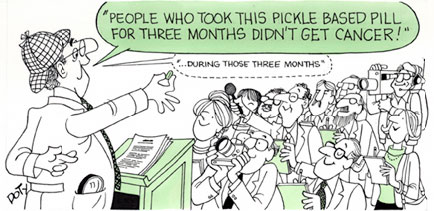To date, few universities offer epidemiology as a course of study at the undergraduate
level. Many epidemiologists are physicians, or hold other postgraduate degrees
including a Master of Public Health (MPH), and Master of Science or Epidemiology (MSc.). Doctorates epidemiologits may hold include the Doctor of Public Health (DrPH), Doctor
of Pharmacy (PharmD), Doctor of Philosophy (PhD), Doctor of Science (ScD), or for
clinically trained physicians, Doctor of Medicine (MD) and Doctor of Veterinary Medicine
(DVM).
As public health/health protection practitioners, epidemiologists work in a number of
different settings. Some epidemiologists work 'in the field'; i.e., in the community,
commonly in a public health/health protection service and are often at the forefront of
investigating and combating disease outbreaks.
Other epidemiologists work for non-profit organizations, universities, hospitals and
larger government entities such as the Centers for Disease Control and Prevention (CDC)
or the World Health Organization (WHO).
We have included a glossary of terms imbedded at the end of this section since
epidemiology uses very different terms from other research fields.
Determining Cause
Although epidemiology is sometimes viewed as a collection of statistical tools used to
elucidate the associations of exposures to health outcomes, a major function of this
science is that of discovering causal relationships.
Cancer is not a single disease, but the generic name for more than 200 diseases, all
having in common the uncontrolled reproduction of abnormal cells. Although scientists
have only recently begun to understand the causes and growth patterns of cancer, there
exists a large and growing body of evidence showing that daily choices about diet,
physical activity, carcinogen exposures and weight management play a role in cancer
risk.
Epidemiologists use collected data and employ a broad range of biomedical and
psychosocial theories in an iterative (each fact builds on the next) way to generate or
expand theories, to test hypotheses, and to generate educated, informed decisions
about which relationships are causal for a disease, and about exactly how they are
causal.
Epidemiologists Rothman and Greenland emphasize that the "one cause - one effect"
understanding is a simplistic misbelief. Most outcomes, whether they be disease or
death, are caused by a chain or web of events consisting of many component causes.
For example, do cigarettes 'cause' lung cancer? The weight of the observational
evidence showed that tobacco use was related to a large number of cancers.
Epidemiologists published these findings. As people decided to stop smoking, the rates
for these cancers started plummeting.
Does this mean that epidemiologists understand the mechanism by which tobacco
smoke produces cancer in humans? No they don't and actually, neither do basic
researchers, although they have a myriad of hypotheses.
| |
|
| |
| Image courtesy of American Institute of Cancer Research |





